EMA:
The European Master’s Progamme in Human Rights
and Democratisation
The European Master’s Programme in Human Rights and Democratisation (EMA) is a one-year, full-time course that provides a practice and policy-oriented approach to learning that combines legal, political, historical, anthropological, and philosophical perspectives of human rights and democratisation with skill-building activities and a field trip exercise.
12 February 2024
Deadline for non-EU and all-scholarship applicants
16 April 2024
Deadline for EU and self-funded applicants
25 years and counting
The EMA Programme is the longest running master’s programme in the Global Campus. Established in 1997, it is a unique example of inter-university cooperation. Through its network of 43 universities it has cultivated the expert human rights and democratisation knowledge and tools to thousands of graduates from all over the world.
Our students are taught by leading academics from over 43 participating universities, experts and representatives of international organisations and NGOs.
Is EMA for you? Learn about the programme’s key features and if you are the right candidate!

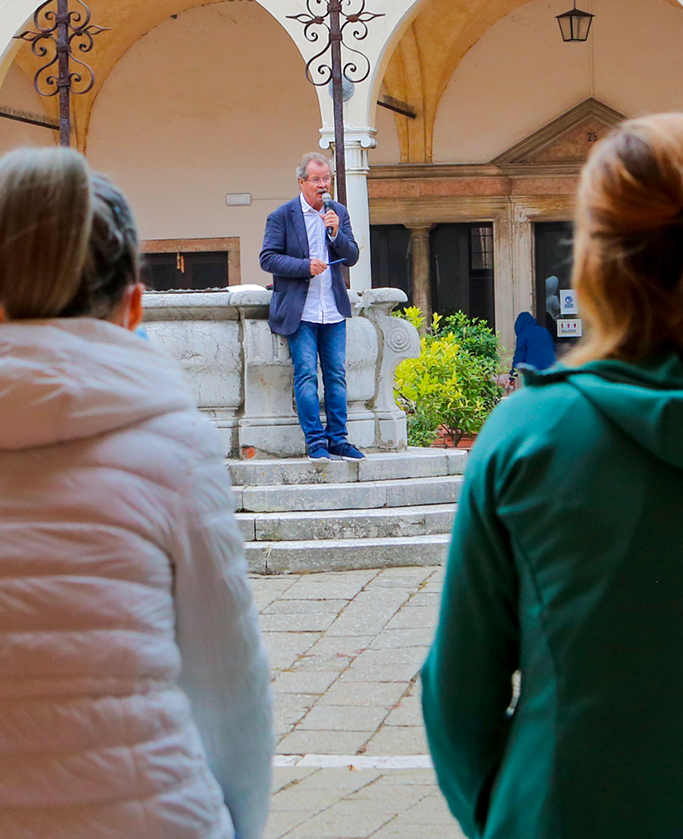
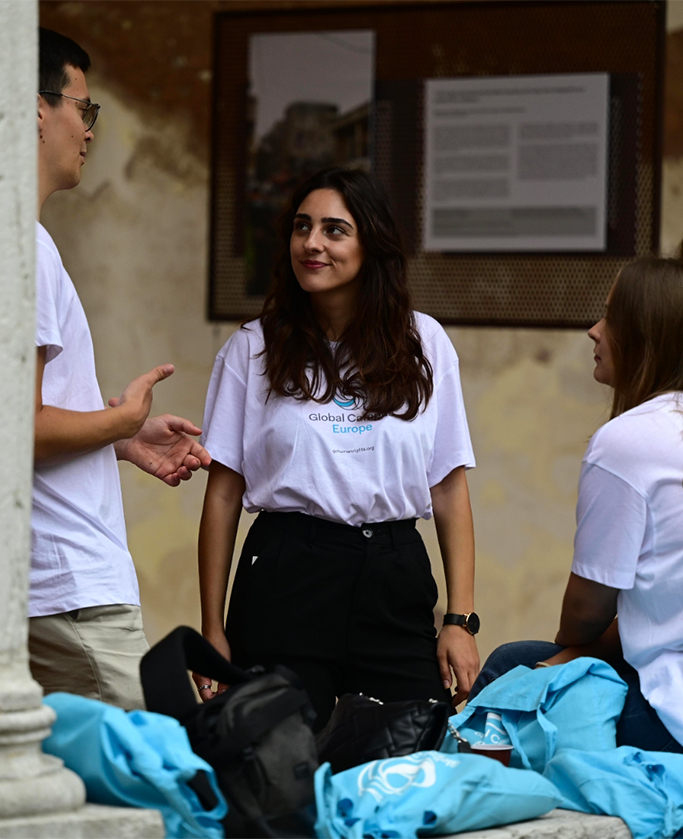
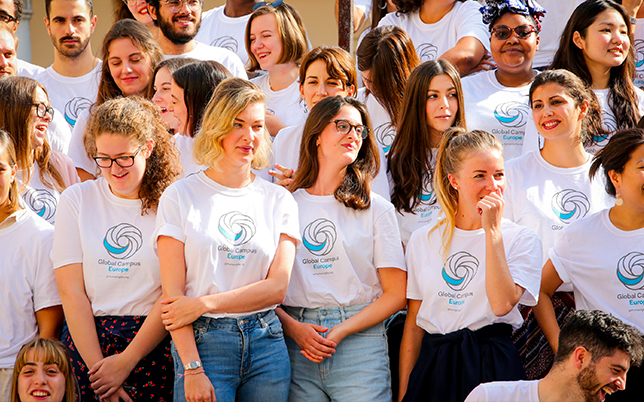
EMA is part of the Global Campus of Human Rights
The Global Campus of Human Rights is an inter-disciplinary centre of academic excellence supported by the EU. Our eight Master’s programmes in human rights are based in Africa, Arab World, Asia-Pacific, Caucasus, Central Asia, Europe, Latin America and Caribbean, and South East Europe. Each regional programme fosters new generations of human rights defenders contributing to a world in which human dignity, equality, freedom, security, sustainable development, democracy and the rule of law are realised.
careers
Our students join the EMA programme for different reasons: for some it is a logical progression of their studies, for others EMA represents an opportunity to upskill or re-skill during their professional career.
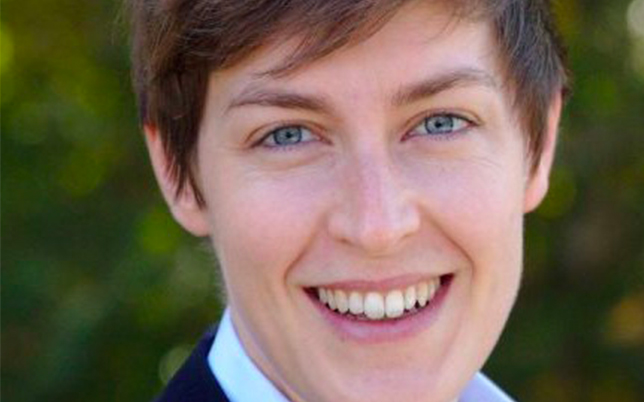
Lydia Malmedie
Deputy Head of LGBTI Unit at Berlin Senate, Berlin
EMA Cohort 2007-2008

Federico Batista Poitier
Accessibility Policy Officer at United Cities and Local Governments, Barcelona
EMA Cohort 2015-2016
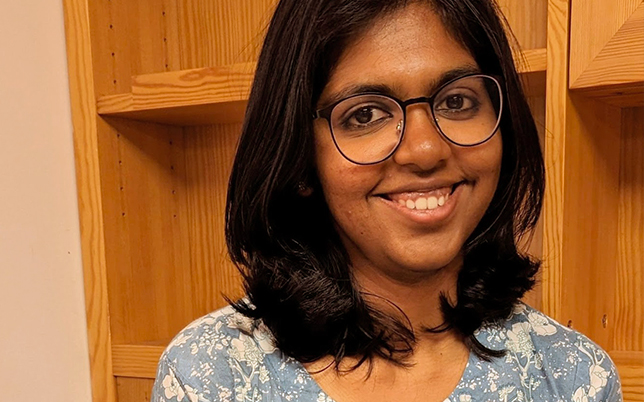
Anju Anna John
Researcher at University of Deusto,
Bilbao
EMA Cohort 2021-2022
